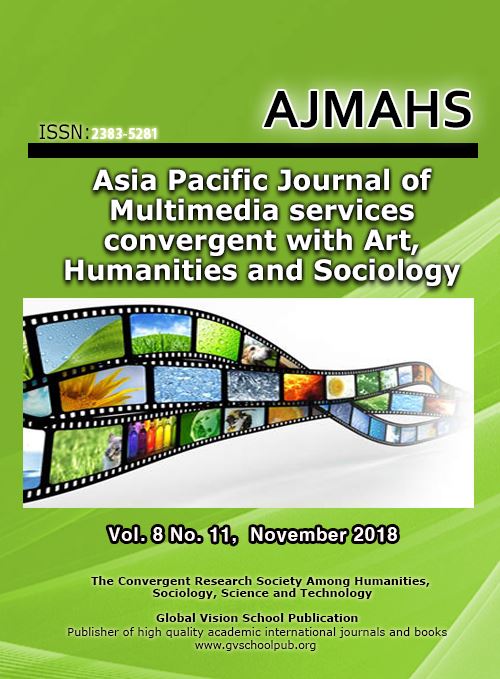Synchronic and Diachronic Aspects of English Modal Auxiliary verbs WILL, SHALL
Synchronic and Diachronic Aspects of English Modal Auxiliary verbs WILL, SHALL
- 인문사회과학기술융합학회
- 예술인문사회융합멀티미디어논문지
- 8권 11호
-
2018.11889 - 896 (8 pages)
- 14

The purpose of this article is to explain the meanings and uses of the English auxiliaries WILL and SHALL. The complexity of modern usage of WILL and SHALL has been one of the most disputable themes of traditional English grammar. Originally SHALL(OE sculan) and WILL(OE willan) were independent verbs. The original meaning of SHALL was to owe and that of WILL was to desire or wish . Just before the Middle English period, these auxiliaries were reduced to auxiliaries, retaining their strong original meanings. As the present determination or obligation implies future action, the notion of futurity gradually displaced, partly or wholly, the original modal meaning with the result that the two verbs became future auxiliaries in many contexts. Though WILL and SHALL are at times used as tense auxiliaries referring to future time, it is often the case that these auxiliaries express some of various modal meanings associated with the volitional or emotional attitude of the speaker without implying futurity.
Ⅰ. The nature of WILL/SHALL and their change in meanings
Ⅱ. Distributional properties of Auxiliaries WILL or SHALL
Ⅲ. Conclusion and Suggestions: The future tense and the usage of WILL, SHALL
(0)
(0)